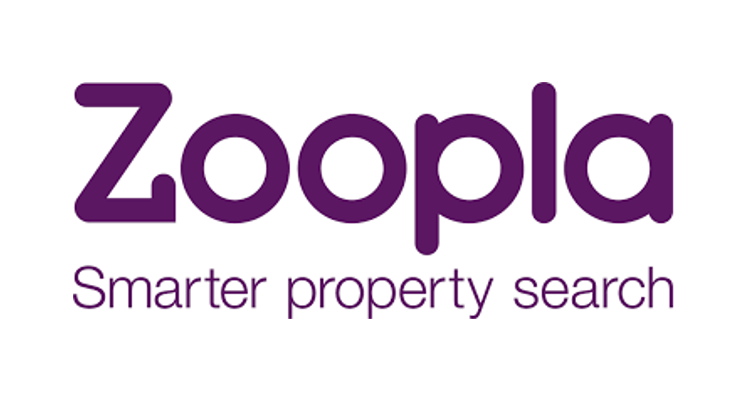Real Estate Money Laundering: Effective Risk Management and Compliance Approaches
Real estate money laundering remains a critical area of concern, as illicit funds are often funneled through high-value property transactions, posing substantial risks to financial integrity. In response, effective risk management and compliance approaches have become essential for safeguarding the sector. North America, as the largest regional market for anti-money laundering (AML) software, held a significant share of 31.31% in 2017, generating around $271.8 million in revenue. As the demand for AML solutions continues to rise globally, the market for AML software is projected to reach $1.77 billion in 2023. This growth highlights the industry’s commitment to advanced compliance solutions that address money laundering threats in real estate, helping organizations stay aligned with stringent regulatory standards.
What is Real Estate Money Laundering?
Money laundering in real estate is a complex issue that threatens the integrity of property markets worldwide. Criminals often channel illegally gained funds into real estate transactions to obscure the origin of these finances. Real estate is particularly attractive for money laundering because high-value property transactions can be structured to mask the true identity of the buyer, making it challenging to detect illicit activities. Anti-money laundering (AML) regulations are crucial in identifying and preventing these schemes to ensure a fair and transparent property market.
Why Real Estate is Vulnerable to Money Laundering?
Real estate’s inherent characteristics make it vulnerable to money laundering activities. Properties are valuable, often in high demand, and can be purchased by entities that obscure the identities of actual buyers. Criminals leverage this to convert illegitimate funds into seemingly legitimate assets. This process not only facilitates money laundering but also inflates property prices, impacting average buyers.
Some key factors that make real estate susceptible to money laundering include:
- High Transaction Values: The significant sums involved allow criminals to launder large amounts of money.
- Layering Opportunities: Multiple ownership layers, often involving shell companies or trusts, obscure the origins of funds.
- International Transactions: Foreign investors often buy properties, and differing regulations across borders create loopholes.
Customer Due Diligence (CDD) in Real Estate: A Preventative Measure The role of CDD in real estate is a critical preventative measure against money laundering. CDD requires real estate professionals to authenticate the identity of their customers, evaluate possible hazards, and ensure compliance with AML regulations.
Here’s how CDD processes work in real estate:
- Identity Verification: Identifying the customer’s personal information, such as name, nationality, and employment details, is fundamental.
- Risk Assessment: Analyzing factors like the client’s country of origin, financial history, and transaction specifics to evaluate risk.
- Ongoing Monitoring: If a client exhibits unusual behavior, their profile should be monitored continuously for changes.
Effective CDD practices help real estate companies to recognize and alleviate risks linked with customer with elevated risk. This approach not only deters criminals from laundering funds but also reinforces the industry’s reputation for accountability.
Real Estate AML Checks: Enforcing Compliance and Transparency
AML checks are mandatory procedures in real estate proceedings to observe and stop money laundering. Real estate AML checks encompass several processes that ensure each transaction abides by compliance requirements, contributing to a trustworthy market.
Key Components of Real Estate AML Checks
- Enhanced Due Diligence (EDD): For risky clients, enhanced due diligence goes beyond basic CDD by investigating the source of funds and the purpose of property acquisition.
- Transaction Reporting: Reporting suspicious transactions to financial authorities is essential in detecting potential criminal activity.
- Record Keeping: Maintaining detailed records of client information and transaction history aids in auditing and compliance reviews.
These AML checks empower real estate professionals to proactively detect suspicious activities and strengthen the regulatory framework that upholds property market integrity.
The Influence of Money Laundering on Real Estate Markets
Money laundering in real estate has far-reaching implications beyond the immediate illegal activity. Laundering can distort property prices, limit availability for legitimate buyers, and damage the reputation of markets. High prices in a market driven by illicit money can push out potential homeowners, leading to long-term social and economic consequences.
Furthermore, allowing laundered funds into the property market undermines the trust in real estate professionals and institutions. This erosion of trust makes it difficult for legitimate transactions to thrive, and it may increase regulatory scrutiny, adding more compliance costs for real estate businesses.
Conclusion: Reinforcing Real Estate Against Money Laundering
Real estate money laundering is a challenge that requires proactive and coordinated efforts across the industry. With robust AML monitoring, effective CDD practices, and comprehensive AML checks, real estate professionals can safeguard property markets from criminal exploitation. Emphasizing a culture of compliance, leveraging advanced technology, and adhering to stringent AML regulations build a fortified real estate sector where legitimate transactions thrive, enhancing trust and stability for all participants.









